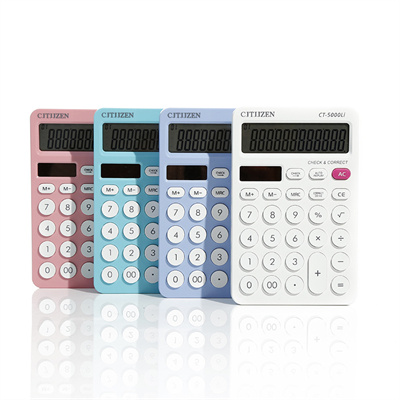In educational settings, mini calculators are more than just tiny devices; they play a crucial role in enhancing learning and understanding of mathematical concepts. In this article, we’ll explore how mini calculators contribute to education, fostering engagement and skill development among students.
Accessible Learning Aid: Mini calculators provide students with easy access to quick calculations, allowing them to focus on understanding mathematical concepts rather than spending time on manual computations.
Hands-On Exploration: Students can experiment with mini calculators to visualize mathematical relationships, explore equations, and grasp abstract concepts through practical applications.
On-the-Spot Problem Solving: Mini calculators help students solve problems on the spot, whether in the classroom or during exams, fostering confidence and enhancing problem-solving skills.
Interactive Learning Tool: Some mini calculators come with interactive tutorials and guided problem-solving features, aiding students in learning and practicing various mathematical techniques.
Encouraging Mathematical Fluency: Mini calculators complement traditional learning methods, encouraging students to develop mathematical fluency by providing quick results while still emphasizing manual calculation skills.
Conclusion: Mini calculators have a significant impact in educational settings by providing accessible learning aids, fostering hands-on exploration, enabling on-the-spot problem solving, serving as interactive learning tools, and encouraging mathematical fluency among students.













